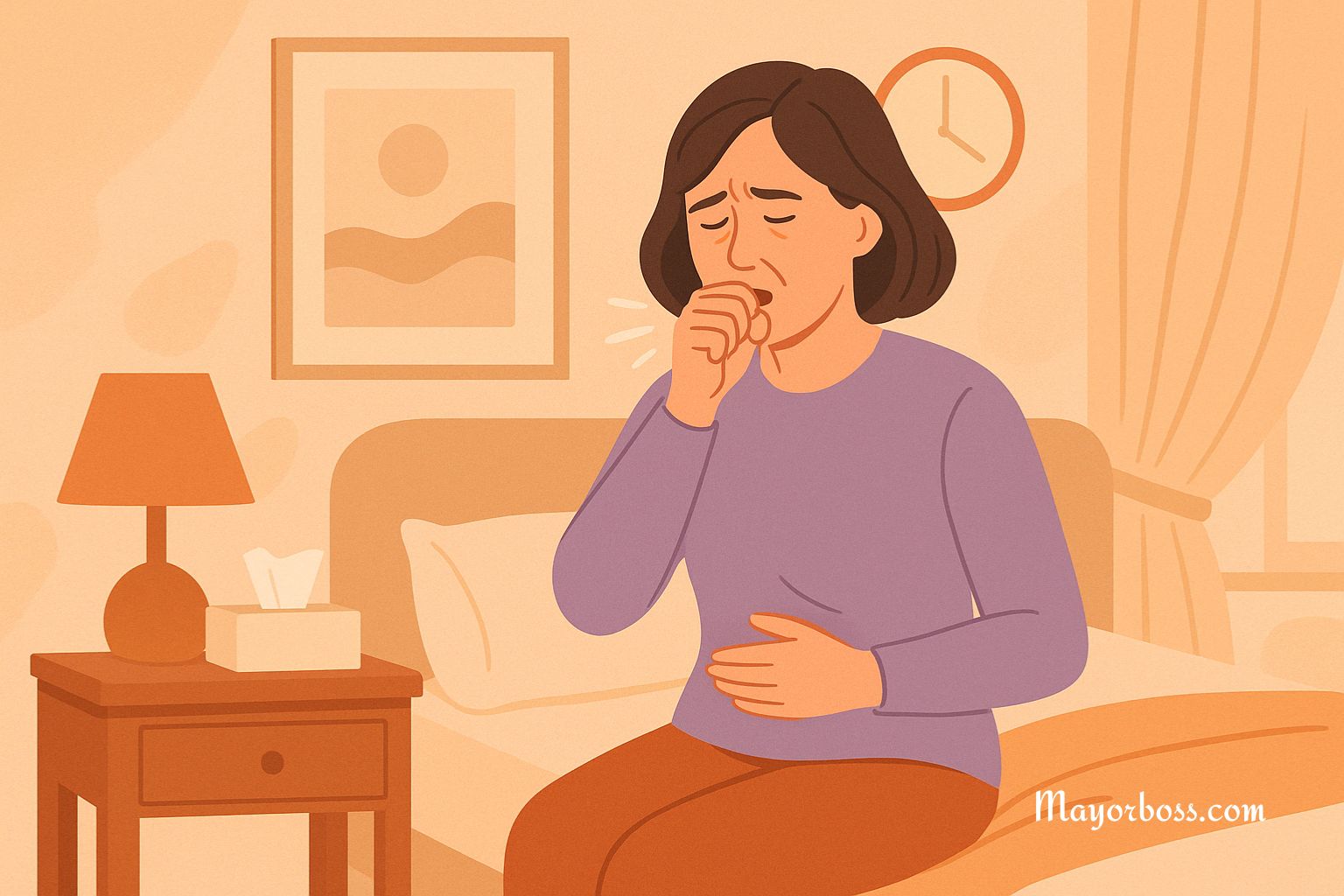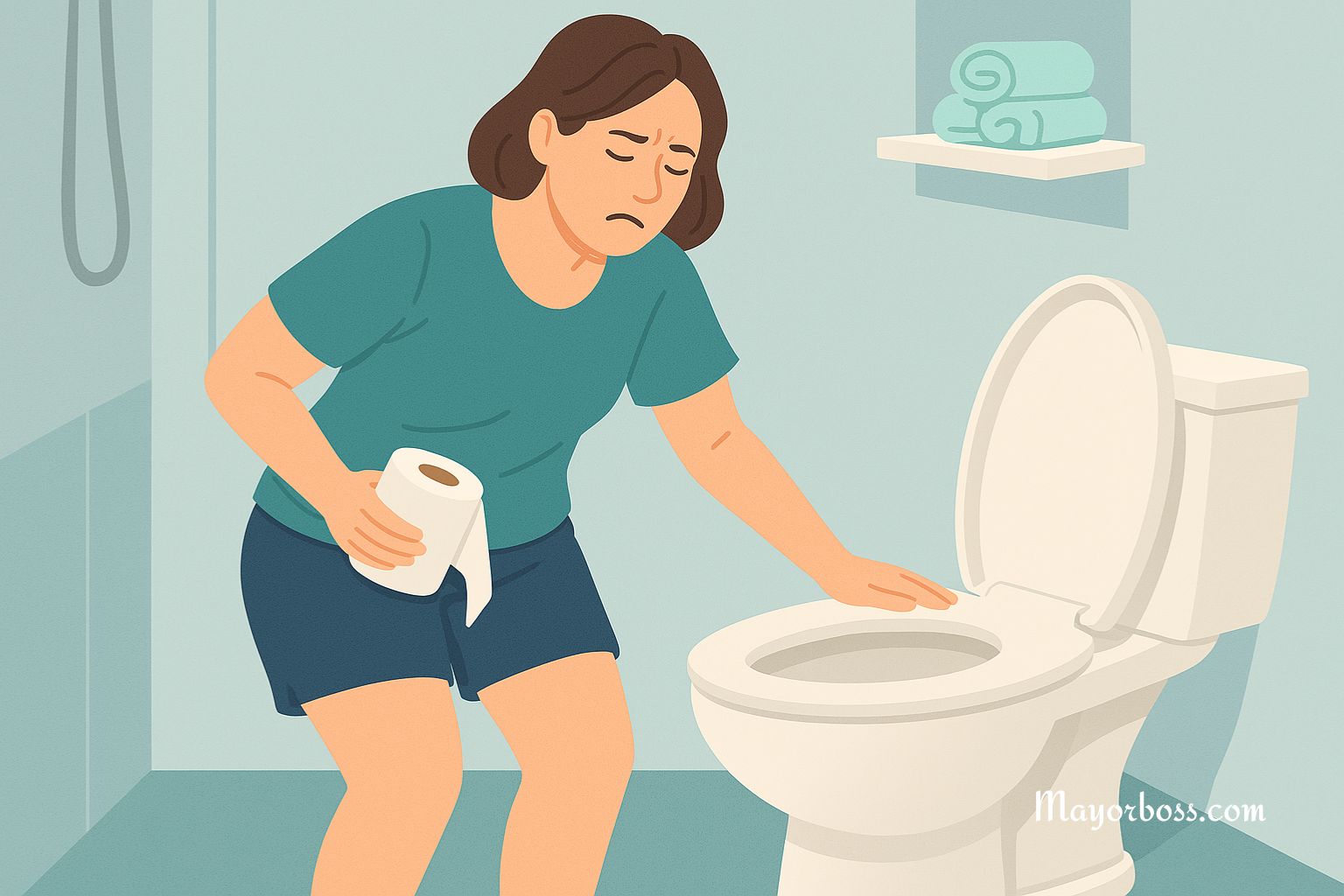8 Cancer Symptoms Men Ignore (But Shouldn’t!)
Cancer is a sneaky adversary, often manifesting itself through signs and symptoms that are easy to dismiss. This is particularly true for men, who might brush off symptoms as minor issues not worthy of a doctor’s visit. However, early detection is key to fighting cancer effectively. Here, we will discuss eight cancer symptoms that men often ignore but definitely shouldn’t. Being aware of these could save your life.

Unexplained Weight Loss
If you’re shedding pounds without changes in your diet or exercise routine, it’s not a cause for celebration but a reason for concern. An unexpected loss of weight, especially more than 10 pounds without trying, can be an early sign of cancer. This happens because cancer cells use up a lot of the body’s energy supply, and sometimes, they release substances that change the way the body makes energy from food.
Persistent Fatigue
Feeling tired isn’t unusual after a long day. However, constant fatigue that doesn’t get better with rest could be a signal of something more serious. Unlike regular tiredness, cancer-related fatigue makes it hard to handle daily activities and doesn’t improve with rest. It’s often described as feeling drained or exhausted.
Changes in Urination
Men should pay attention to urinary changes, including the urge to urinate more frequently, difficulty starting or holding back urine, weak or interrupted flow, or pain during urination. These symptoms can indicate prostate cancer, the most common cancer in men. While changes in urination are often due to benign conditions like an enlarged prostate, it’s still crucial to get them checked out.
Persistent Cough or Hoarseness
A cough that doesn’t go away or a noticeable change in your voice can be alarming. While these symptoms are usually signs of a cold or other benign condition, they can also be early indicators of lung, throat, or thyroid cancer, especially if you’re a smoker or have been exposed to hazardous substances.
Changes in Lymph Nodes
Swollen lymph nodes or lumps on your neck, armpit, or groin could indicate cancer. Lymph nodes swell as a result of infection, but if this swelling doesn’t go away after a few weeks, it could signal lymphoma or leukemia. Always have these changes examined by a healthcare professional.
Difficulty Swallowing
Struggling to swallow or a feeling of food getting stuck in your throat or chest can be an indication of throat or esophageal cancer. Sometimes, it’s one of the first signs. While it can also be caused by other conditions, persistent difficulty swallowing should always prompt a visit to the doctor.
Unexplained Pain
Pain is the body’s way of signaling that something is wrong. Persistent pain, especially in specific areas such as the back or abdomen, can be an early sign of certain cancers. For instance, persistent back pain can be a symptom of colon, rectum, or ovarian cancer.
Changes in the Skin
Skin changes, such as darkening, yellowing, reddening, itching, excessive hair growth, or excessive bruising, can signal skin cancer or other types of cancer. A new mole or a change in an existing mole’s appearance could be a sign of melanoma, a highly dangerous form of skin cancer.
Frequently Asked Questions
Q: What should I do if I notice any of these symptoms?
A: Schedule an appointment with your doctor. While these symptoms can be caused by conditions other than cancer, it’s crucial to get a professional evaluation to rule out any serious health issues.
Q: Are these symptoms always a sign of cancer?
A: No, many of these symptoms can result from a variety of less serious conditions. However, they warrant attention to ensure they’re not indicative of cancer or other serious diseases.
Q: How can I reduce my risk of cancer?
A: Adopting a healthy lifestyle is key. This includes maintaining a balanced diet, exercising regularly, avoiding tobacco, limiting alcohol consumption, and getting regular medical checkups that include cancer screenings appropriate for your age and risk factors.
Keep in mind that early detection is crucial for the successful treatment of cancer. Ignoring symptoms, hoping they’ll just go away, can delay diagnosis and treatment. Always listen to your body and seek medical advice when something doesn’t feel right.






